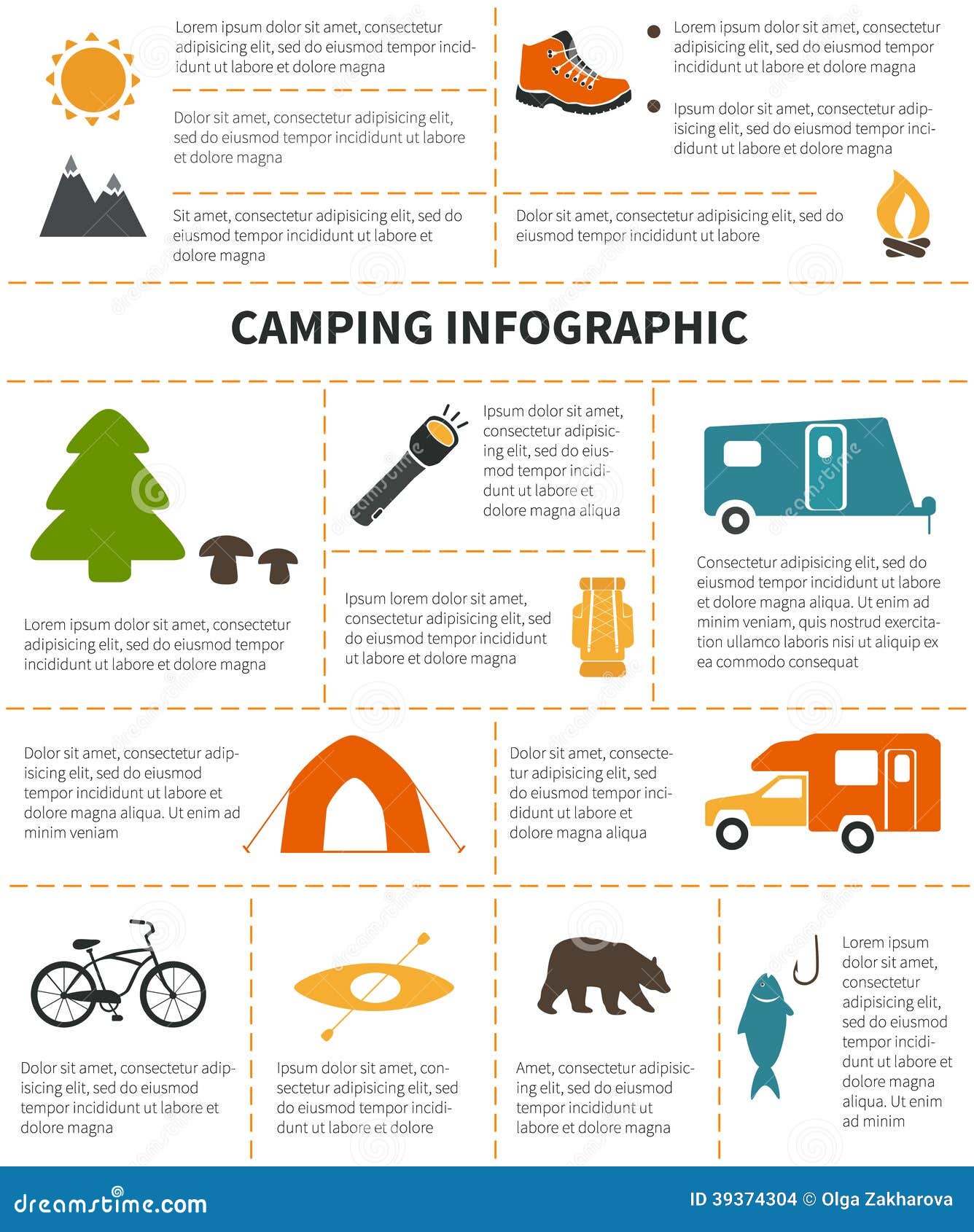Choosing the right structure material is essential for event outdoors tents. Whether it's covered steel for spending plan camping tents or plated aluminum for sturdy applications, there are numerous considerations to bear in mind.
Steel frameworks prevail in lower-priced pop-up tents but are prone to rust despite having coatings and require routine upkeep. Light weight aluminum is lightweight, naturally stands up to corrosion, and stands up well in moist or seaside atmospheres.
Steel
When it comes to making certain the longevity of custom-made tents, the product utilized in their frames plays an important duty. Steel and aluminum alloys both offer costs sturdiness, but each deals unique advantages that make it appropriate for different kinds of environments. Steel is perfect for rugged conditions, while light weight aluminum master standing up to rust and reducing maintenance costs.
When event hosts choose the ideal outdoor tents for their needs, they need to take into consideration elements like expected weather conditions. For instance, frame tents frequently perform better in gusty or rainy problems than post camping tents because they don't count on a main pole to sustain the structure. Nonetheless, the connections in between frame items can weaken in high anxiety situations. Recognizing these weaknesses and doing regular examinations can help prevent possible damage.
Steel structures are hard to reduce, weld or shape, which can call for specialized devices and raise labor costs. On top of that, they tend to corrosion or rust conveniently and may need added protection or finishes. Additionally, steel is extremely hefty and can trigger concerns when carrying a cover. It's also difficult to save for extended periods of time because it uses up extra space than aluminum frameworks.
Light weight aluminum
Aluminum is a prominent frame material for cover outdoors tents due to the fact that it's lightweight, rust-resistant, and easy to deliver and establish. It likewise supplies an extra stable shelter throughout gusty problems than steel structures. Aluminum is less susceptible to tearing and any kind of damages can be quickly fixed, lengthening the life of the tent. It also breathes to minimize condensation and supplies superior acoustic insulation to dampen outside sound.
The longevity of light weight aluminum frame tents is even more enhanced by the natural oxidation residential properties of the steel. It develops a compact oxide layer that tent stove protects the surface from rust and spots. Therefore, the long life of a light weight aluminum turn up outdoor tents can be boosted also further when the frame is anodized.
Anodized aluminum is stronger than steel and can endure high wind speeds. Additionally, the finish stands up to deterioration and discolorations, expanding the life expectancy of the camping tent. Furthermore, anodized aluminum is recyclable and sustainable, making it perfect for companies seeking LEED certification. The combination of these homes makes aluminum a much more affordable option than steel for large, heavy-duty tents, such as those made use of to suit commercial tools and storehouse stock. Steel, on the other hand, is much more expensive because it requires pricey alloys such as nitrogen, molybdenum, and chromium to improve toughness.
Iron
Iron framework tents usually last as much as 15 years if the right care and upkeep is used. This includes frequently cleaning fabric and evaluating steel elements for deterioration and wear. By taking these actions, event hosts can optimize the integrity of their frameworks and ensure their ongoing performance in challenging settings.
Steel is a suitable material for creating long lasting tents, specifically for usage in rough weather conditions. It is a strong, sturdy, and inexpensive material that supplies stability and strength for a vast array of applications. However, steel is prone to rusting in damp and coastal settings. The addition of safety layers and routine maintenance can help to reduce this danger, yet these initiatives increase general maintenance expenses.
On the other hand, aluminum is a more durable option for a custom-made outdoor tents as a result of its all-natural oxidation properties. When plated, aluminum ends up being super-strong and as much as three times harder than common aluminum alloys. This makes anodized aluminum the second-hardest material beside ruby (satellites, aircraft, and army cars all make use of anodized aluminum). Along with its longevity, anodized light weight aluminum is also extra resistant to rust than steel. These variables make light weight aluminum an excellent option for appear canopy outdoors tents and contribute to their capacity to lug longer warranties (5, 7, and also lifetime framework service warranties). Additionally, aluminum is 1/3 the weight of steel enabling a much thinner framework layout for more personalization alternatives and increased stamina.
